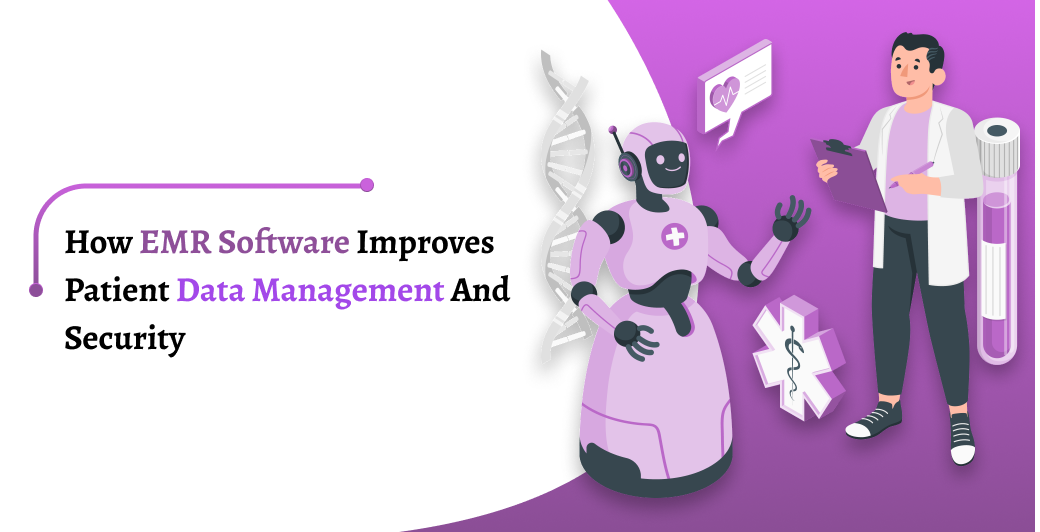A developer with nothing but technical skills is like a shiny, brand-new car with flat wheels. You may be brilliant at your job, but you need soft skills to help you get ahead in your career.
For instance, skills you may want to consider include how to market yourself, socialize well with others, communicate effectively or ask for a raise.
Working on your soft skills can improve your career progression, so here are some of the most important skills you should master.
Negotiation
Did you know that, with the right skills, you can successfully negotiate for a better salary when you’re offered a job? Even if you’re already working for a company, asking for and getting a raise isn’t a mammoth task.
In fact, according to Payscale, 43% of people have asked their bosses for a raise before—this leaves 57% who are leaving money on the table.
To get the most out of every opportunity, consider learning how to negotiate effectively. The Negotiation Experts say that success in salary negotiations comes from mastering skills such as:
- planning and strategizing
- clear, effective, and assertive communication
- demonstrating your value to the organization
- asking the right questions
- active listening
- analyzing and evaluating alternatives, for instance, you can also ask for non-monetary benefits
- knowing when and how to arrange the meeting
Consider taking time to practice and role-play with friends and family so you can gain confidence before approaching your bosses.
Resilience
You often need multiple attempts to rework your code until you get it right. Deadlines and expectations can also mount pressure and weigh you down whether you work from home or on-site.
Having a resilient attitude can help you maintain your focus to avoid getting discouraged so you can view setbacks as a challenge to be overcome rather than a failure.
That said, it’s important to combine your resilience with a healthy level of stress management to avoid burnout.
Some stress management tips include:
- Meditation and relaxation.
- Turning to your support network, for instance, venting to a friend or seeking professional counseling.
- Sleeping well and exercising.
- Finding some downtime for some fun activities.
- Accepting what you can’t change and learning to cope.
Marketing
It can be difficult to get a good job or a steady stream of projects if you don’t know how to market yourself. It’s important to learn how to show your competitive advantages and position yourself ahead of other developers.
Some ways you can market yourself include:
- Performing at your best all the time. The more accolades you get, the easier it will be to showcase your abilities in your next interview.
- Self-assessment. When you know yourself well, you can use your strengths to present yourself in the best light and work on your weaknesses.
- Create a personal brand by being active on work-related platforms and forums to establish yourself as an expert.
- Networking with peers and accomplished developers.
Communication
Developers don’t work in a vacuum. That’s why communication is critical to ensure that you can:
- Collaborate with your coworkers.
- Talk to managers or clients. For instance, you may need to explain complex technical tasks to finance managers to get budgets approved.
- Lead effectively when you are promoted to a management position.
- Understand end-user needs in order to develop marketable products.
Some important techniques for developers to master include:
- Maintaining confidence. Being sure of yourself without leaning towards arrogance can earn you more respect from coworkers and managers.
- Being clear and succinct. When talking to non-technical people, find ways to express yourself in the simplest possible way.
- Controlling emotional outbursts. Unbridled emotions often cause unnecessary clashes, which can interfere with your work. Plus, if you are labeled a difficult person, it may be harder for you to get admirable recommendations for your next career move.
- Listening actively and attentively to build stronger connections.
- Empathy lets you visualize the problems and pain points from a user perspective and develop effective products.
In addition, be mindful of your body language to avoid offending people. It also helps to learn how to read other people’s body language.
Innovation and creativity
A developer’s job is about problem-solving. With the pace of technological advancement, you need to be innovative and creative to adapt and think of new ideas to meet the ever-changing consumer needs.
It’s important to keep learning and unlearning so you don’t become obsolete, repeat the process of asking questions and thinking about solutions to stay sharp and relevant.
Also, keep your ear on the ground for feedback and competitor products, so you can keep tweaking your code to give users new and improved products.
Becoming a world-class developer
Coding skills alone seldom cut it; it’s important to hone your soft skills such as negotiation, marketing, and communication to secure well-paying jobs or projects. It’s also essential to become resilient and innovative, so you stay focused and relevant. With the right skills, you can set yourself up for a fruitful, high-flying career in development.




